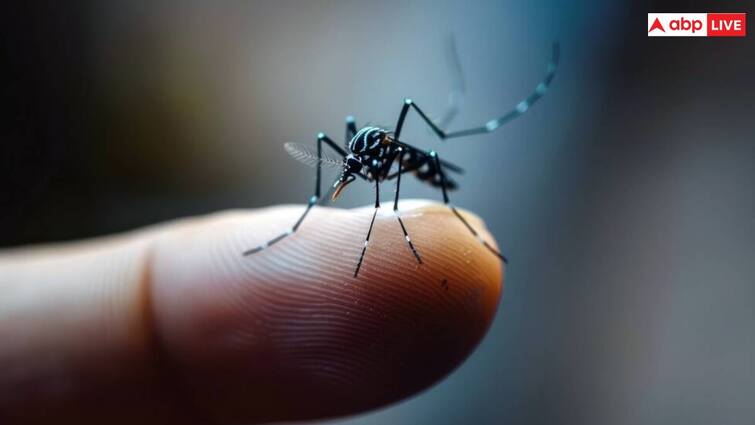Dengue fever is spread through the bite of the female mosquito (Aedes aegypti). A mosquito becomes infected when it drinks the blood of a person infected with the virus. After about a week, the mosquito can then spread the virus by biting a healthy person. As soon as the weather changes, the ravages of dengue fever spread everywhere. Health experts also advise people to be wary of dengue fever. Dengue fever persists in all types of environments, whether clean or dirty. It is not that dengue fever thrives only in dirt.
There are four types of dengue fever
Dengue fever is caused by one of four types of dengue viruses. You cannot get dengue fever from being around an infected person. Instead, dengue fever is spread through mosquito bites. There are two types of mosquitoes that often spread the dengue virus, which can also spread around the home and neighborhood.
What can you do to protect yourself not only from mosquitoes but also from dengue fever?
- Sleep only with a mosquito net.
- Prevent water accumulation in or around the house
- Continue to change the water in the cooler daily.
- Go out somewhere wearing only long-sleeved clothing.
- Keep the water tank covered.
- Use insecticides and larvicidal drugs.
- Adopt a healthy diet and lifestyle.
- Take all appropriate measures to increase the body’s immunity.
how to treat dengue fever
- If symptoms of dengue fever appear, a doctor should be consulted immediately.
- Doctors may advise drinking as much water and coconut water as possible.
- Include kiwi, papaya, beetroot, pomegranate and green vegetables in your diet.
- Give the body as much rest as possible.
- In severe cases of dengue fever, a blood transfusion, platelet transfusion or oxygen therapy may be given.
Dengue fever can also cause organ damage.
Severe dengue fever can cause internal blood circulation and organ damage. Blood pressure can drop to dangerous levels. This can lead to shock. In some cases, severe dengue fever can even lead to death. Women who get dengue fever during pregnancy can pass the virus to their baby during delivery. In addition, babies born to women who get dengue fever during pregnancy are at higher risk of premature birth, low birth weight, or fetal distress.
Dengue fever causes a high fever – 104 F (40 C) and one of the following signs and symptoms
- Headache
- pain in muscles, bones or joints
- Nausea
- To vomit
- pain behind eyes
- swollen glands
- Rashes
Disclaimer: Some information given in the news is based on media reports. Before implementing any suggestion, you must consult the concerned expert.
Discover the health tools below-
Calculate your body mass index (BMI)
